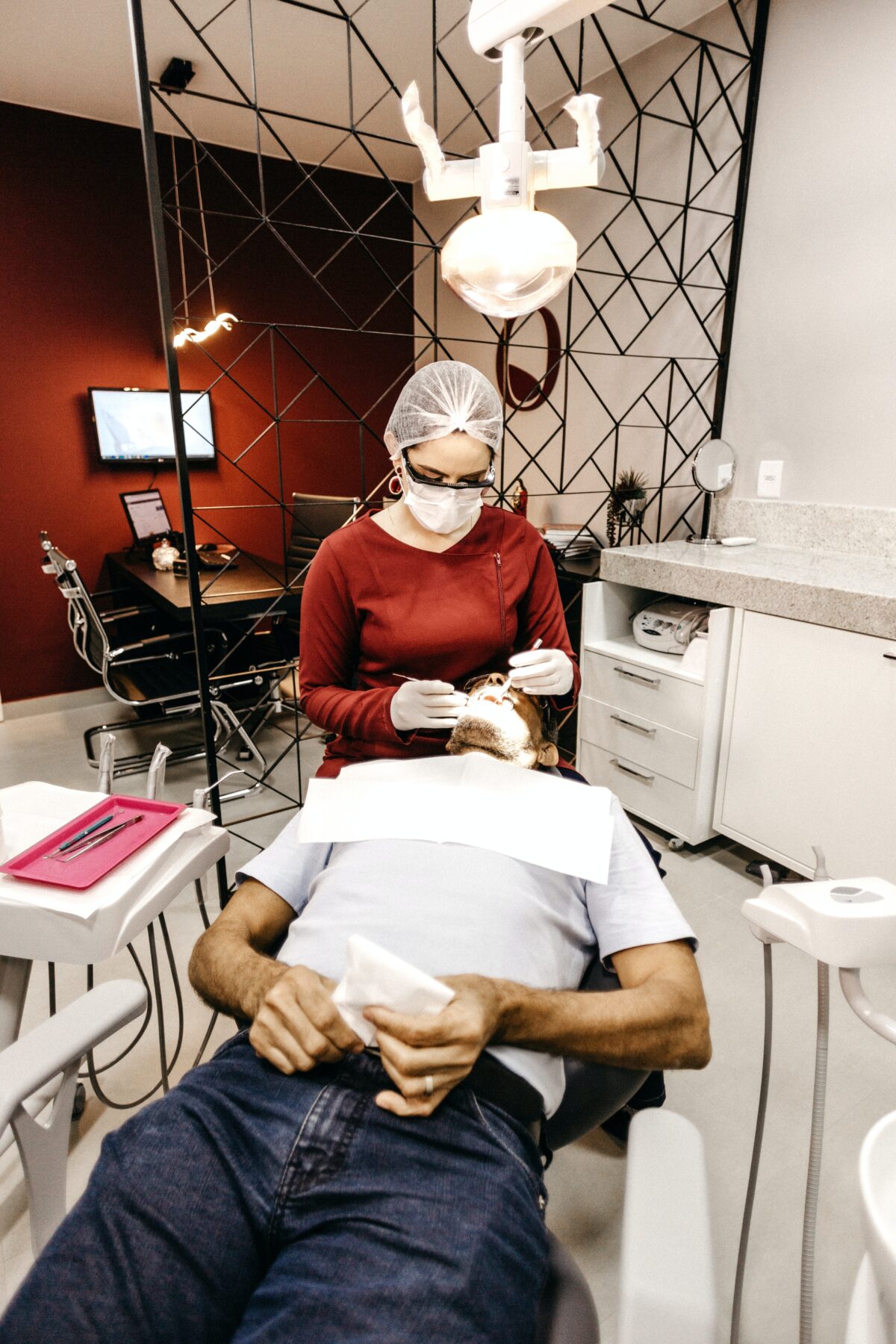Dental cleaning is a necessary part of good dental hygiene. Routine cleaning removes hard and soft deposits in the mouth, including tartar. A deep cleaning removes more tartar and deposits from the teeth. Following a dental cleaning, you may experience sensitivity or swelling for a few days. If the pain persists, you should contact your dentist right away.
Before a dental cleaning can begin, your dentist will perform a thorough examination of your mouth and gums. This will help the professional determine if there are any problems that may require treatment. An X-ray may be taken to identify any abnormalities. This diagnosis helps your dentist design a treatment plan. The frequency of X-rays varies with age and risk for disease. After the initial assessment, your dentist will clean and polish your teeth.
The procedure is also called prophylaxis. In addition to the cleaning, your dentist will examine your teeth, gum line, and head and neck. If they find anything unusual, they will recommend treatment. A cleaning typically takes 45-60 minutes. It starts by removing plaque and tartar from the teeth, which can cause decay and gum disease.
Regular dental cleanings are a vital part of maintaining good health. These cleanings remove tartar and plaque that can cause gum disease, deteriorate teeth, and cause other problems. Bad oral health can affect your health, including diabetes and heart disease. They can also prevent unsightly stains from appearing on your teeth.
While you may brush your teeth at home, it is important to see a dentist twice a year for a thorough cleaning. A clean smile can improve your self-confidence and improve your quality of life. You should never skip a dental cleaning, regardless of how diligent you are about brushing and flossing. If you do not brush your teeth properly, you will likely have an increase in the risk of tooth decay and gum disease.
Deep cleanings can help you maintain a healthy smile and prevent problems associated with gum disease. The process involves using special techniques to remove plaque, tartar, and bacteria from your teeth. The bacteria that cause gum disease hide in these deposits and multiply. These bacteria release toxins that irritate the gums. Deep cleanings can be extremely effective in preventing tooth loss.
In addition to regular cleanings, you should brush your teeth at home with the use of floss or interdental brushes. A good dental hygienist will also show you how to floss correctly. A hygienist will recommend the type of dental floss that best suits your specific needs. For example, some floss is made especially for teeth that are hard to floss.
It is important to see a dentist for a dental cleaning every six months. This is important because the onset of gum disease is not always easy to detect, even with a professional.
